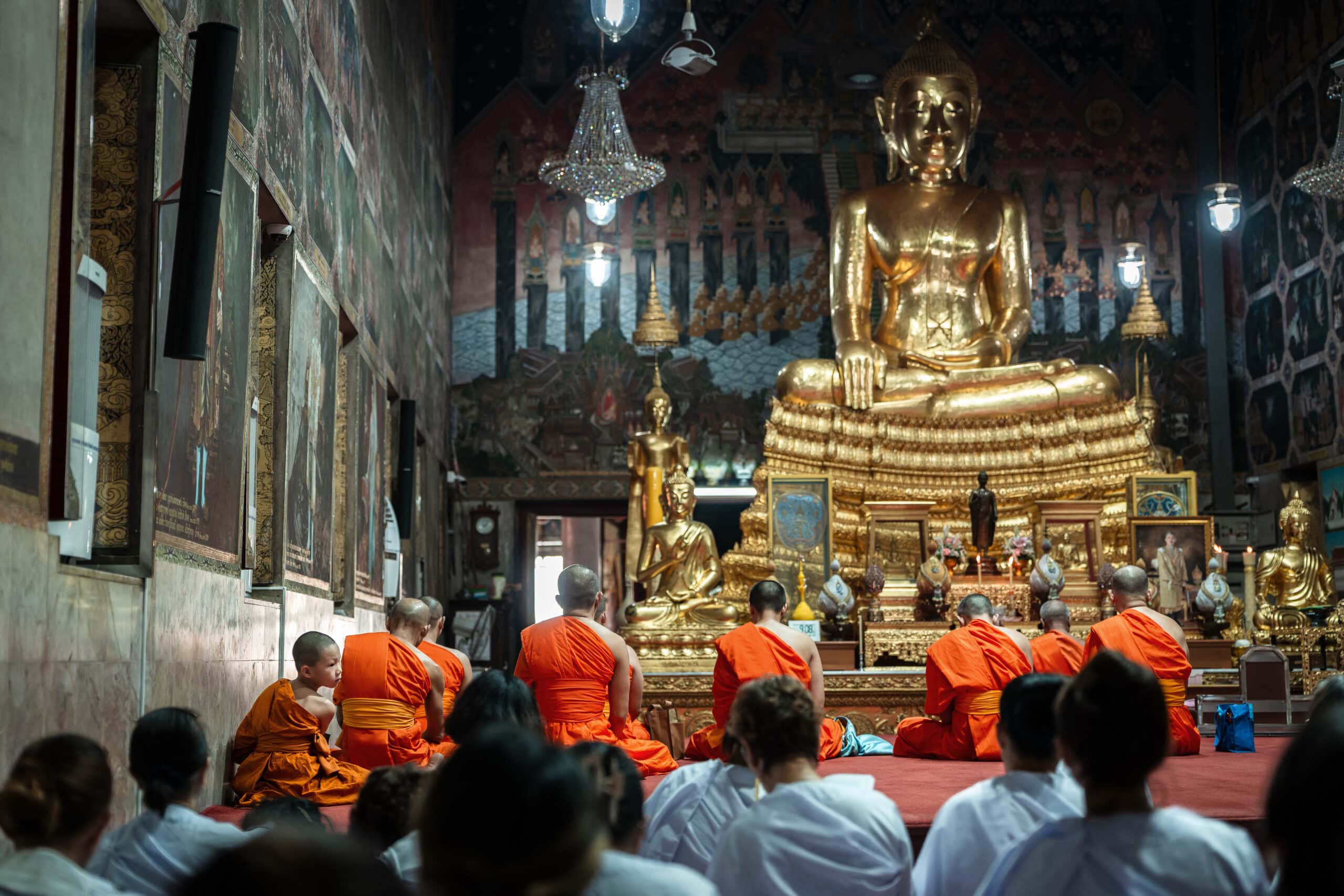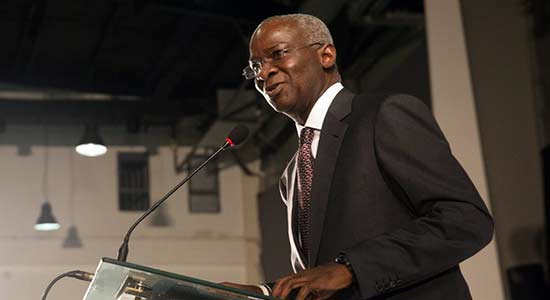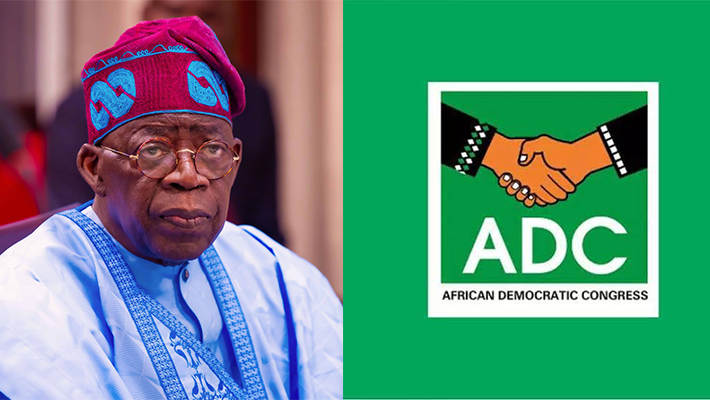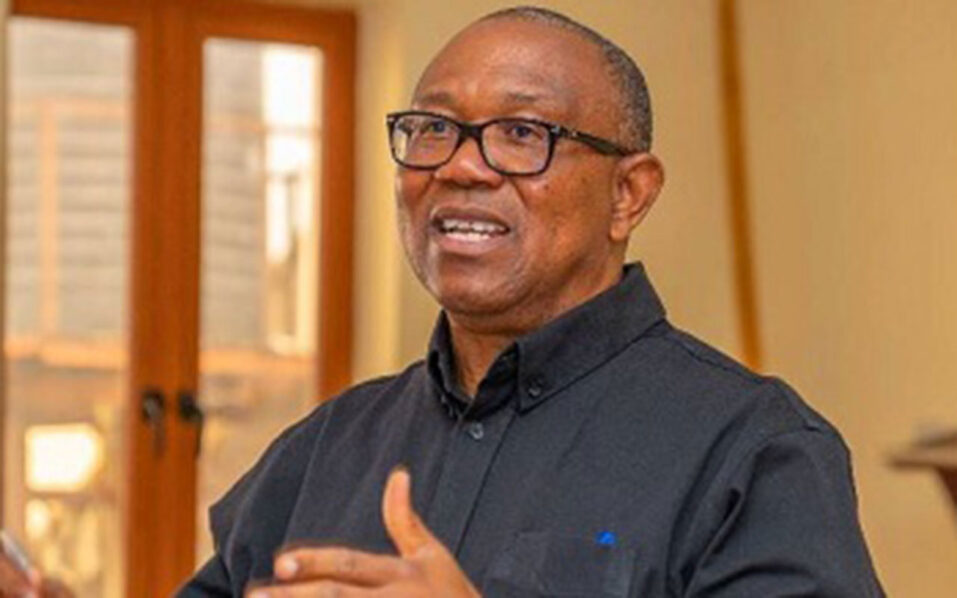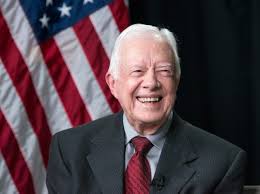Jimmy Carter, the former U.S. president whose singular term was deeply rooted in his unwavering Christian faith, passed away on Sunday at the age of 100. His death marks the end of an era, not only for American politics but also for a unique blend of evangelical Christianity and liberal ideals that seems increasingly rare in today’s political landscape.
Carter, a Democrat, Baptist, and peanut farmer, rose to prominence following the Vietnam War and the Watergate scandal, which led to President Richard Nixon’s resignation. Elected in 1976, Carter was seen as a moral antidote to the corruption of the Nixon era. Historian Randall Balmer, in his book Redeemer, described Carter as “the redeemer president,” whose election offered Americans a chance to absolve themselves of complicity in Nixon’s fall.
Throughout his presidency, Carter championed justice and love as the core tenets of his leadership, aligning his policies with his deeply held religious convictions. In the 2020 documentary Jimmy Carter: Rock & Roll President, he reflected, “We never dropped a bomb, we never fired a missile, we never shot a bullet to kill another person,” attributing this restraint to his “religious commitment to the Prince of Peace.”
Yet, Carter’s presidency coincided with the emergence of a powerful conservative evangelical movement. Leaders like televangelist Jerry Falwell and the Moral Majority shifted the political landscape, rallying support for Ronald Reagan and reshaping the intersection of faith and politics. Carter’s progressive Christian ethos was overshadowed by the religious right, which focused on issues like school prayer and opposition to abortion rights.
In contemporary politics, the religious right remains influential. According to Pew Research Center, more than 80% of white evangelical voters who frequently attend church supported Donald Trump in 2020, underscoring the stark divide between Carter’s faith-driven liberalism and modern conservative evangelism.
Sundays with Jimmy
Even after leaving office, Carter’s faith remained central to his life. Until the COVID-19 pandemic, he regularly taught Sunday school at Maranatha Baptist Church in Plains, Georgia. The small-town congregation attracted a diverse crowd of visitors from around the world, eager to hear his reflections on scripture and its relevance to current events.
Attendance swelled to hundreds, with lines forming hours before dawn. Attendees were briefed on protocol, including instructions not to touch or engage the aging president directly. Jan Williams, a church volunteer, recounted Carter’s generosity, sharing how he handcrafted wooden collection plates for the church, each inscribed with his initials, “J.C.”
Carter’s lessons intertwined biblical teachings with contemporary issues, offering a unique perspective that resonated deeply with his audience. “The relationship of biblical lessons with current events or challenges… that’s the main thing I think people take away,” Carter explained in a video for publisher Simon & Schuster.
After services, he and his wife Rosalynn posed for photos with visitors, a cherished memento of their encounter with the former president.
Faith and Public Life
Carter’s presidency was firmly secular, despite the profound influence of his faith. He believed that public officials could not impose personal religious beliefs on others, as he stated in a 1978 speech to the Southern Baptist Brotherhood Commission. However, his beliefs inevitably shaped his worldview.
During the 1976 campaign, Carter made headlines with a candid Playboy interview in which he admitted to committing “adultery in my heart” by lusting after women. The remark, though mocked, did little to derail his campaign.
In his later years, Carter reflected on his life and faith, expressing gratitude for the opportunities he had to serve. “Christians are called to plunge into the life of the world,” he wrote in his 2018 book, Faith.
“I’ve sought to carve out for myself a productive, and I hope useful, and certainly a gratifying life,” he said in a 2018 interview with CBS. “I’ve been very lucky.”
Carter’s legacy, much like his life, is a testament to his deep convictions and enduring commitment to humanity.





